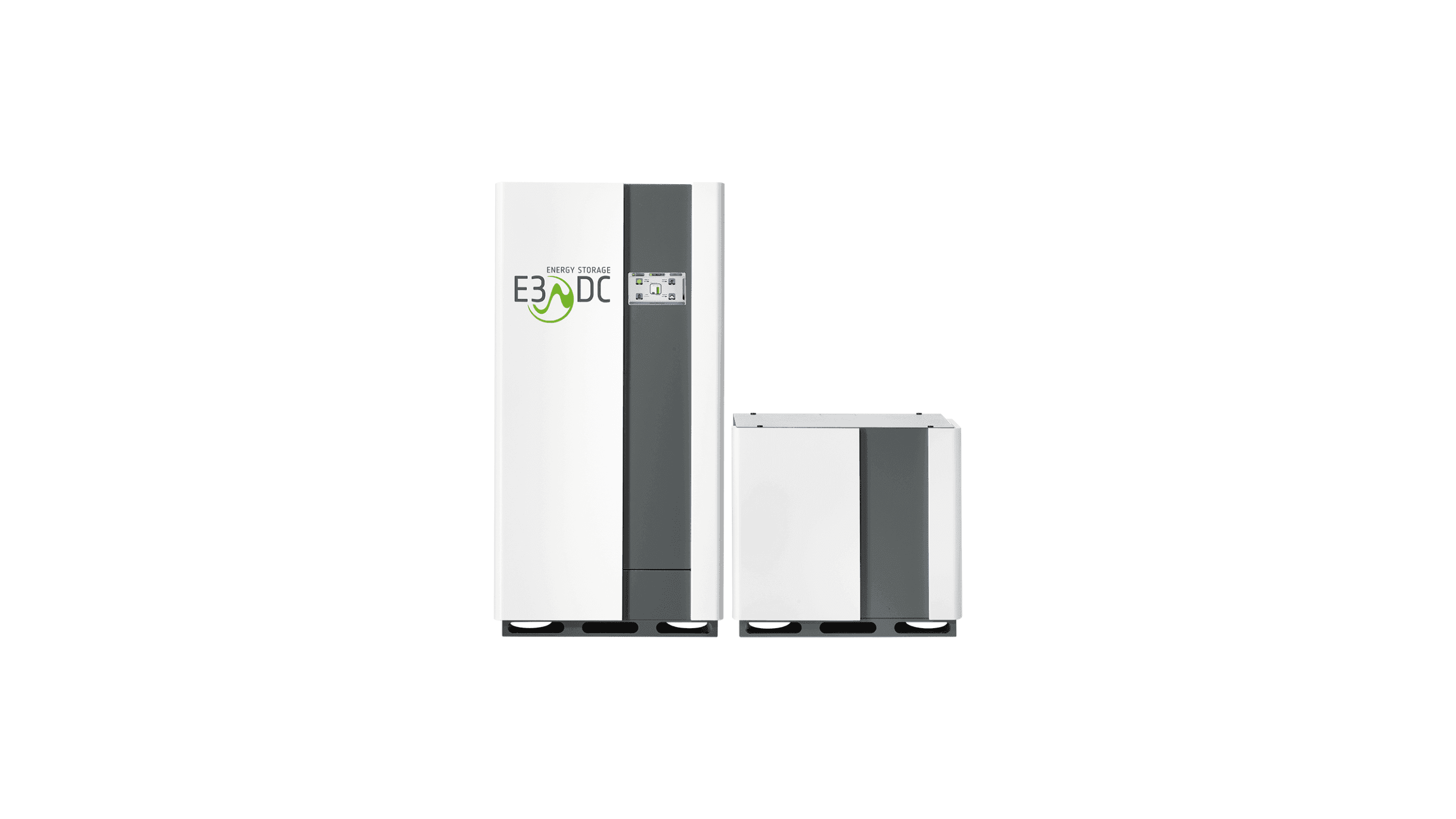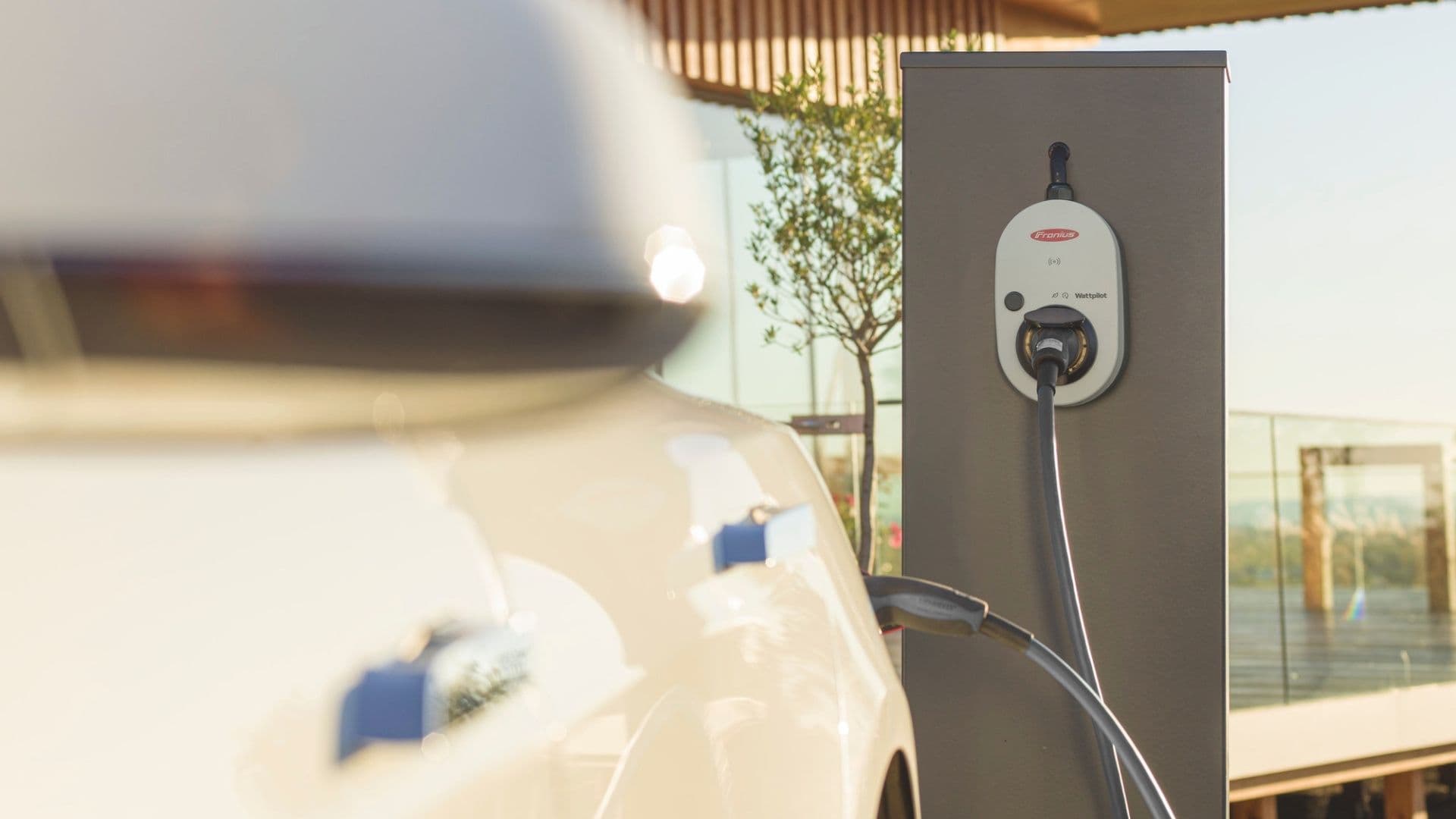Save with Energy Storage
Storing electricity saves money – we offer efficient solutions with solar power storage systems
Save with Energy Storage
Storing electricity saves money – we offer efficient solutions with solar power storage systems
Improved Balance
A PV system with a suitable storage solution enhances environmental performance and efficiency by enabling greater use of self-generated electricity and reducing the need to purchase power. Fluctuations in energy consumption are balanced out.
Multiple Benefits
With a storage system and an optimal inverter, up to 70% of your electricity needs can be covered. Solar power generated during the day can be used in the evenings and mornings.
Aligning Generation and Consumption
A solar power storage system balances out consumption variations by storing excess energy and making it available later. This reduces the need for expensive grid electricity and increases flexibility.

Cost-Efficiency Planning
The profitability of a solar system with a storage solution depends on factors like location, storage capacity, and usage. Systems with well-sized storage tend to pay off faster, especially with high self-consumption. A general rule of thumb: 1.5 kWh storage capacity per 1,000 kWh annual consumption.

Technologies and Systems
Modern solar power storage systems often rely on lithium-ion technology, known for its long lifespan and efficiency. Alternatively, lead-acid batteries offer a more affordable option. For retrofits, AC systems are ideal as they operate independently of the PV system. New installations benefit from DC systems, which enhance overall efficiency.

more products
Interesting Facts about Electricity Storage Systems
What is an energy storage system, and why is it important?
An energy storage system, such as a solar battery, stores excess energy generated by a photovoltaic (PV) system. This energy can be used later when electricity generation is lower than consumption. This maximizes self-consumption and reduces dependence on the public power grid.
What types of energy storage systems are available?
The most common technologies include:
- Lithium-ion batteries: Durable, efficient, and with low self-discharge (1–2% per year).
- Lead-acid batteries: Cost-effective but with shorter lifespans and lower efficiency.
- Lithium-ion systems are now the standard for residential applications.
How large should the energy storage system be?
The ideal storage capacity depends on your electricity consumption. A general rule of thumb: For every 1,000 kWh of annual consumption, the storage should have about 1.5 kWh capacity. For a 3,000 kWh consumption, a 4.5–5 kWh storage system would be suitable.
Can I add an energy storage system to an existing PV system?
Yes, many energy storage systems can be retrofitted to existing installations. AC systems are ideal for this purpose, as they operate independently of the PV system. When retrofitting, the type and age of the inverter should be considered.
How much can I save with an energy storage system?
An energy storage system can reduce grid electricity use by up to 70%. Combined with a photovoltaic system, households can save several hundred euros annually, depending on electricity prices and consumption.
What is the difference between AC and DC storage systems?
- AC storage: Connected independently via its own inverter, ideal for retrofitting.
- DC storage: Uses a hybrid inverter to store DC electricity directly and convert it into AC. It is more efficient for new installations.
How long does an energy storage system last?
Lithium-ion batteries have a lifespan of 10–15 years. Factors such as the number of charge cycles and depth of discharge affect durability.
Is an energy storage system worth it for single-family homes?
Yes, especially if maximizing self-consumption of solar power is a priority. A properly sized storage system can increase energy independence to 70–80% and reduce electricity costs over time.


